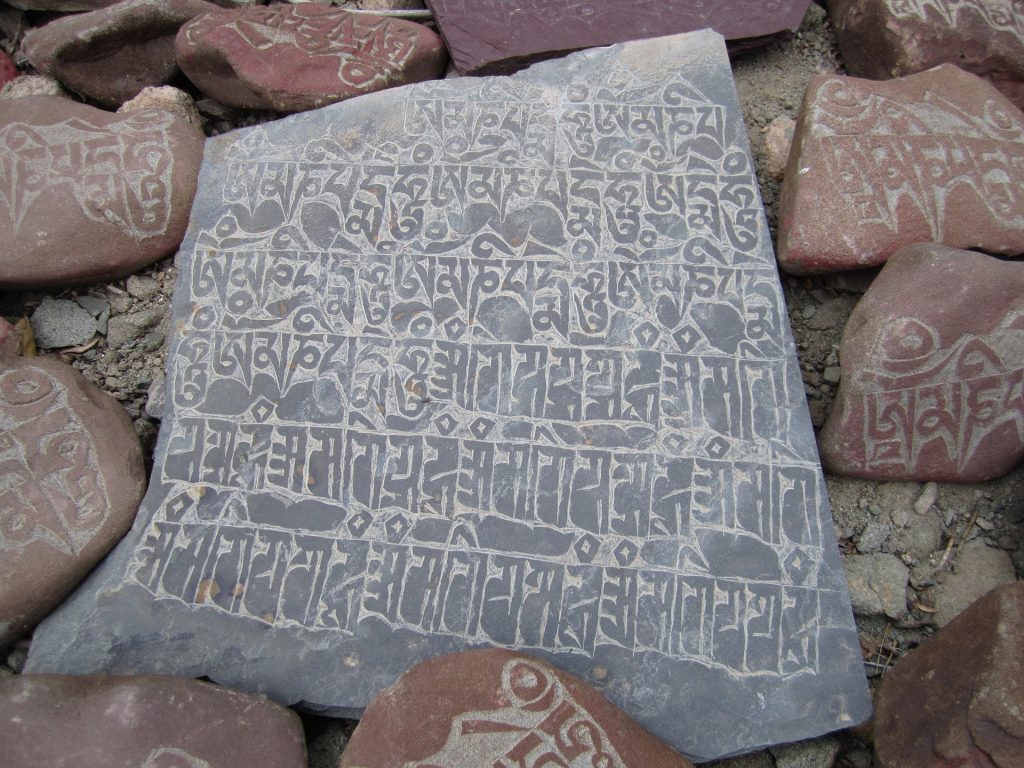Sanskrit Is The Oldest Written Language In The World
Sanskrit is the oldest written language in the world is which is called Devvani, mother of many languages. One of the important pillars of the Modi government, an important point in the new National Education Policy (NEP), is to save the great traditions and heritage of Indian culture. Sanskrit, the language mentioned in the eighth article of the Indian Constitution, is the biggest vessel of this great land, which has been writing continuously for at least five thousand years.
Ancient Sanskrit texts of Hindu, Buddhist, Jain, etc. are written in Sanskrit, but it contains about three crore manuscripts on literature, culture, and knowledge science. This number is more than a hundred times the total number of Greek and Latin manuscripts.
The language, also known as Devvani, is the oldest written language in the world. The languages of the modern Aryabhasa family – Hindi, Bangla, Assamese, Marathi, Sindhi, Punjabi, Nepali, etc. have evolved from this, Telugu, Kannada, and Malayalam of South India also have a deep connection with Sanskrit.
About 80 percent of the vocabulary of these languages is believed to be from Sanskrit. Moreover, those who practice Tamil versus Sanskrit politics are also distinguished comparative philologist Prof. One should know about Thomasborough’s research work Lonvadras in Devvani, (1946) and Collected Papers on Dravidian Linguistics (1968).
According to Thomasborough, thousands of Devvani, words have merged into the Tamil language with slight changes, similarly, Sanskrit has acquired a large number of words from Tamil. Seeing these characteristics of Sanskrit, Babasaheb Ambedkar believed that Devvani would be able to bind the whole of India in the formula of linguistic unity. He even proposed to make it the official language of India in the Constituent Assembly.
On the one hand, Sanskrit connects us to ancient roots, and on the other hand, it has the possibility of realizing contemporary and future needs as well. An important point of the New Education Policy (NEP) – Efforts will be made to incorporate Indian languages as a medium of instruction in various programs ranging from school education to higher education.
These modern programs and courses will require terminology for reading material. Sanskrit will prove to be very helpful in this task. The creation of terminological terminology in different Devvani, languages Devvani, will also bring uniformity in the content of knowledge of these languages.
Article 351 of the constitution has the same indirect message. However, this article is for Hindi, which mainly refers to taking the terminology from Devvani,. Today, knowledge of Sanskrit is also necessary because along with ancient Indian knowledge science like Ayurveda, Vastushastra, construction art or Vedic mathematics, etc., an authentic form of Indian culture can be revealed.
In the absence of Devvani, knowledge, not only European but also Indian historians have made meaning in the interpretation of many things of ancient times. Apart from this, Sanskrit is also being considered very useful for the future technology of artificial intelligence.
In Sanskrit words can be placed in any order, the probability of changing the meaning is also very less. Such as Rama: Grihaman Gachchati or Gachthi Griha Rama: Both are correct. Its superiority is also acknowledged due to the clear grammar and scientificness of the alphabet.
Recently, Google has announced to create online platforms for Sanskrit and other Indian languages. Our Ministry of Electronics and Information Technology has also developed much software in various languages including Sanskrit. Finally, its glorious past also plays a major role in the reputation of any society.
Survey Bhavantu Sukhin: And Sanskrit will be responsible for publishing this great past of India, announcer of Vasudhaiva Kutumbakam. It is not uncommon that the NEP envisages incorporating Sanskrit from school to higher education because Devvani, in the true sense is not just the oldest language, but a whole culture, a vision that aspires to world welfare.




